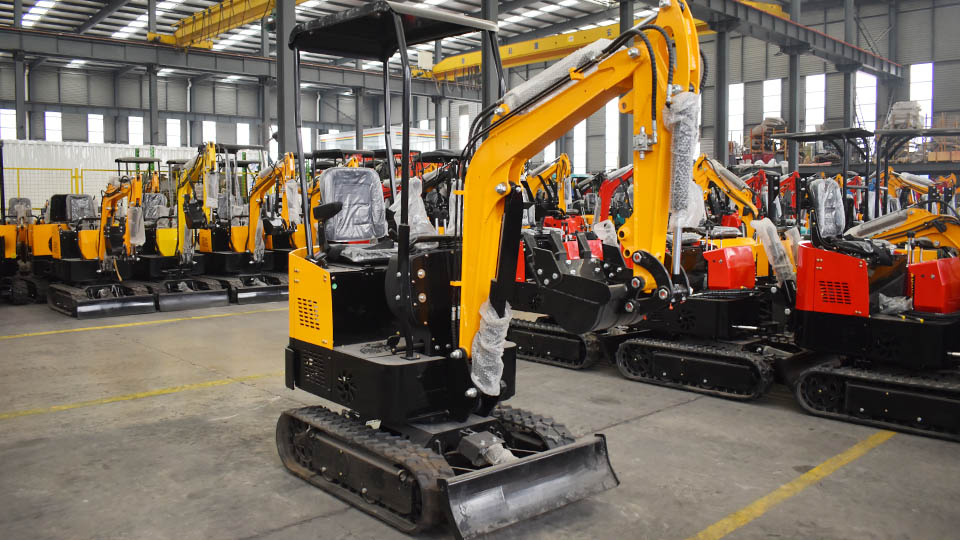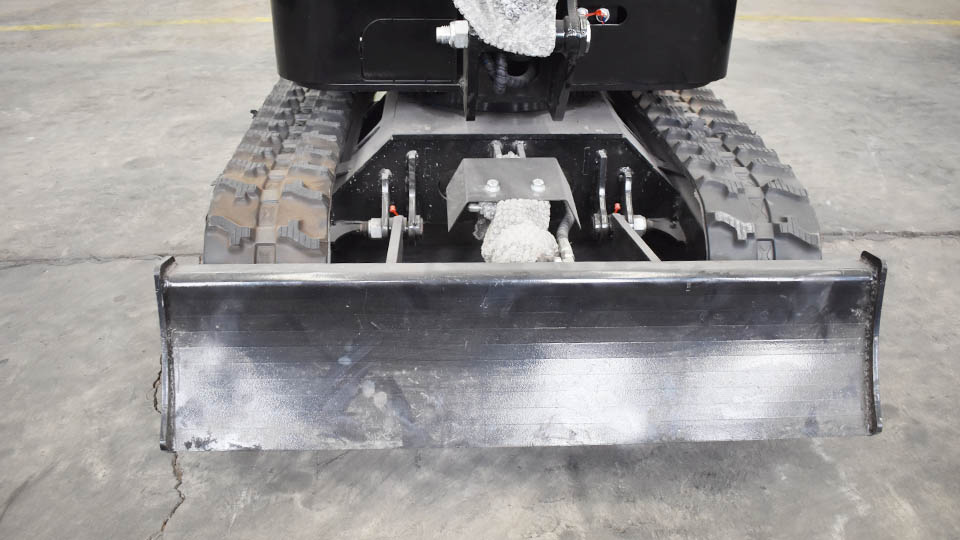When renting an excavator, a comprehensive rental agreement is crucial to ensure a smooth and successful experience for both the rental company and the client. Here are the key points to consider when reviewing or drafting an excavator rental agreement:
1. Accurate Contact Information
Ensure the agreement includes comprehensive contact details for all parties involved. This should include full legal names, addresses, and relevant departments for corporate or municipal entities. Listing primary and backup contacts for technical support, maintenance, or billing ensures rapid communication in emergencies and minimizes potential downtime.
2. Equipment Description
The agreement should provide a detailed description of the equipment being rented, including make, model, serial number, and any attachments or accessories. This ensures both parties are clear about the exact equipment being provided.
3. Rental Duration
Clearly define the rental period, including start and end dates. Specify whether the rental is for a fixed term or if it can be extended. Include provisions for early termination and any associated fees.

4. Rental Rates and Payment Terms
Detail the rental rates, including any discounts for longer rental periods or bulk rentals. Specify payment methods, due dates, and any late fees. Ensure the agreement outlines how rental rates are calculated, whether by day, week, or month.
5. Usage Limits and Restrictions
Outline restrictions on how the equipment can be used. This includes operational limits, such as maximum hours of use per day, and maintenance requirements that the renter must adhere to. Specify any prohibited uses, such as operating in hazardous conditions.
6. Maintenance and Repair Responsibilities
Define who is responsible for maintenance and repairs during the rental period. Typically, the renter is responsible for routine maintenance, while the rental company handles major repairs. Include provisions for emergency repairs and who will cover the costs.
7. Return Conditions
Detail the expected condition of the equipment upon return. This includes stipulations for cleaning, refueling, and any necessary maintenance. Specify penalties for returning the equipment in a damaged or non-functional state.
8. Insurance Requirements
Specify the type and scope of insurance coverage required, such as liability or property damage insurance. Include details on proof of insurance and any additional riders or endorsements necessary for specialized operations.
9. Replacement or Substitution Policies
Explain how equipment malfunctions are handled. Specify whether the renter can expect a replacement, a prorated refund, or other remedies if the rental becomes inoperable. Include details on the process and any additional costs.

10. Termination, Cancellation, and Renewal Terms
Clearly define the process for ending or renewing the agreement. State any notice requirements, fees for early termination, and conditions that might lead to immediate cancellation. Outline how extensions or renewals work and whether they reset certain terms.
11. Liability and Indemnity
Specify who assumes liability for any damages, injuries, or losses that occur during the rental period. Include indemnity clauses that protect the rental company from claims arising from the renter's use of the equipment.
12. Confidentiality and Data Protection
If the rental involves sensitive information or proprietary technology, include confidentiality clauses to protect intellectual property and data.
13. Dispute Resolution
Outline the process for resolving disputes, including mediation, arbitration, or litigation. Specify the governing law and jurisdiction for any legal actions.
14. Additional Clauses
Include any additional clauses specific to the rental, such as environmental regulations, safety requirements, or special conditions for operating in certain areas.
By addressing these elements, an excavator rental agreement can be structured to protect both the leasing company and the client, fostering a positive leasing experience. A well-drafted agreement ensures clarity, manages expectations, and promotes accountability, ultimately leading to a successful rental experience
Post time:Sep-25-2020
